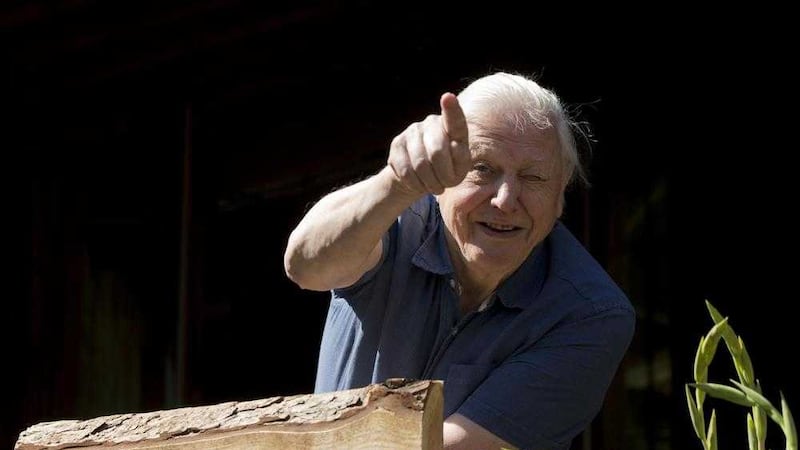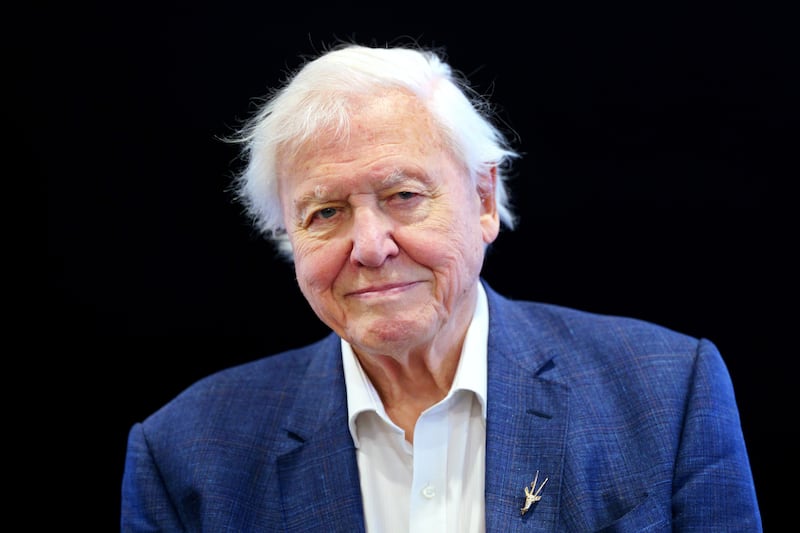VETERAN broadcaster Sir David Attenborough has revealed the one destination still on his wishlist after decades of filming wildlife around the world.
Sir David, who turned 90 in May, said he would love to go to the middle of the Gobi Desert, which spans northern China and southern Mongolia.
He said: "I've not been to the middle of the Gobi Desert.
"There are no animals there at all which is why I've never been but I'd still quite like to go. There are some good fossils there."
Sir David also warned that Britain will struggle to get its voice heard in conservation debates if the country completely breaks away from the EU in the wake of the Brexit vote.
"Animals don't recognise Euro barriers and putting up another frontier means nothing to them," he told the Press Association.
"Our birds and our butterflies come to us from Europe and we have had quite a strong effect on how those things are cared for overseas - in the Mediterranean and Europe."
However, Sir David said: "The voice of British conservation won't be so loud, indeed if it's heard at all, if we leave Europe altogether."
The 90-year-old made the comments during a visit to ZSL London Zoo where he was officially renaming the Komodo dragon enclosure.
Sir David toured the enclosure, coming face to face with Ganas - a six-year-old Komodo - in The Attenborough Komodo Dragon House.
The naturalist introduced the British public to Komodo dragons while filming in Indonesia as part of the Zoo Quest series in the 1950s.
He had hoped to bring a dragon back to London Zoo but was stopped by the authorities.
Komodo dragons, with their toxic saliva and razor sharp teeth, can reach up to 10ft (three metres) in length and weigh up to 300lbs (136kg).
Only a few thousand Komodos are left in the wild and the species is rated as vulnerable on the International Union for Conservation of Nature and Natural Resources (IUCN) Red List because of habitat loss.
Sir David was confident, however, that they would still be in existence in their natural habitat in another 60 years.
He said: "They are very tough and they are very tolerant and they live on very little food.
"If they had a chicken a week or a chicken a fortnight it would keep them going very well and so they are not a great disaster, and in fact they have become a great asset from a tourist point of view."
Sir David also said that zoos today are key for conservation but that those that fail to obey regulations should be closed down.
He said: "Zoos have got an important part to play. They have an important part to play in conservation, which London Zoo is taking very seriously, and they have a very important part in education and allowing young people to realise how rich the Earth is, how rich the natural world is, and how vulnerable it is."
But he said that while "most zoos" abide by strict regulations, those where animals are not treated properly "should be taken out of business because of the inhumanity of it".








